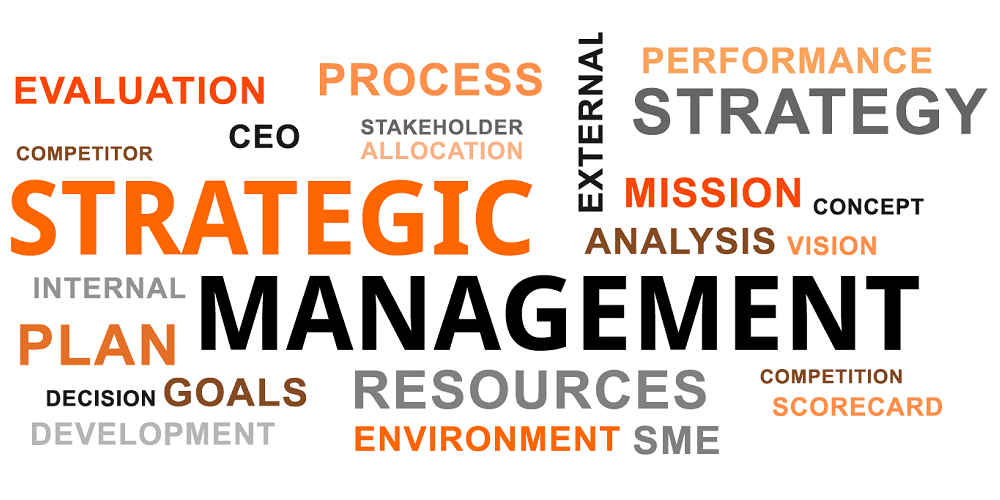
Resource Dependence Theory (RDT) is a framework that suggests that firms are not self-sufficient entities but are instead reliant on various resources in their environment for survival.
These resources include capital, raw materials, technology, expertise, etc.
One can find the application of Resource Dependence Theory in organizational behavior and strategic management. This theory helps understand how organizations adapt to changes in their surroundings and navigate resource dependencies.
This theory also highlights a limitation for agency theory. The board, for example, not only functions as monitoring and controlling managers but also functions as resource catalysts for organizations by providing links to necessary resources. An effective board can provide resources for firms including suggestion, counsel and connections to other organizations (Hillman and Dalziel, 2003).
These links can offer communication channels from external organizations and obtain support from them. The board of directors and its individual members are regarded as boundary spanners for ensuring availability of important resources (in terms of knowledge, networks, contacts, etc.) in order to secure the firm’s survival.
BATheories.com is managed by a group of educators from Mumbai. We also manage the website AcademicsHQ.com. Our panel includes experienced professionals and lecturers with a background in management. BATheories is where we talk about the various business theories and models for BA (Business Administration) students.